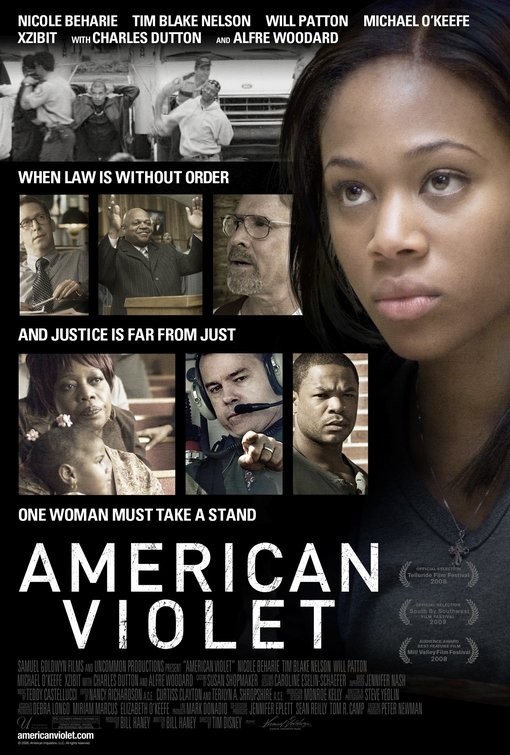 As a writer, I read a lot, always looking for new styles and interesting turns of phrase. Joanna Scott has become my new favorite author. I quickly ran through her book, Follow Me, in a week. I couldn't put it down and wanted to enjoy every word of this consuming, at once bitter and sweet, story that spans several generations of women. Mistaken identities, family complications, love, and a sense of place dominate the books intertwining themes. At points I loved and hated all of the main characters, a sign that Joanna Scott is capable of creating personalities that are so true to life that I have found myself thinking about them as if they are my neighbors and friends.
As a writer, I read a lot, always looking for new styles and interesting turns of phrase. Joanna Scott has become my new favorite author. I quickly ran through her book, Follow Me, in a week. I couldn't put it down and wanted to enjoy every word of this consuming, at once bitter and sweet, story that spans several generations of women. Mistaken identities, family complications, love, and a sense of place dominate the books intertwining themes. At points I loved and hated all of the main characters, a sign that Joanna Scott is capable of creating personalities that are so true to life that I have found myself thinking about them as if they are my neighbors and friends.Even more lovely and intriguing than the plot twists and turns, Joanna Scott uses language that made me realize that English can be just as beautiful as any romance language. Her poignant sentiments are dramatic without being saccharin. For example, early on in the book one of the characters runs away from her life and family after a traumatic event. "But still she runs. Running, running, running. How many lives start over this way, by putting one foot in front of the other?"
I considered how many of us today must start over because our investments have decreased so dramatically in value or because we, or someone in our family, lost a job. Starting over is frightening and painful. And yet, Joanna Scott is right: starting over is simply putting one foot in front of the other in a different direction. What I find so inspiring about Follow Me is that its characters are not afraid to start over. Indeed, they find it almost impossible to not immediately start over when life doesn't go their way. A lesson that at least bears consideration, if not emulation, by all of us.



















